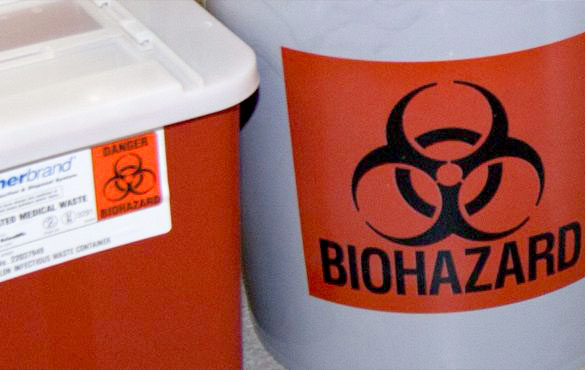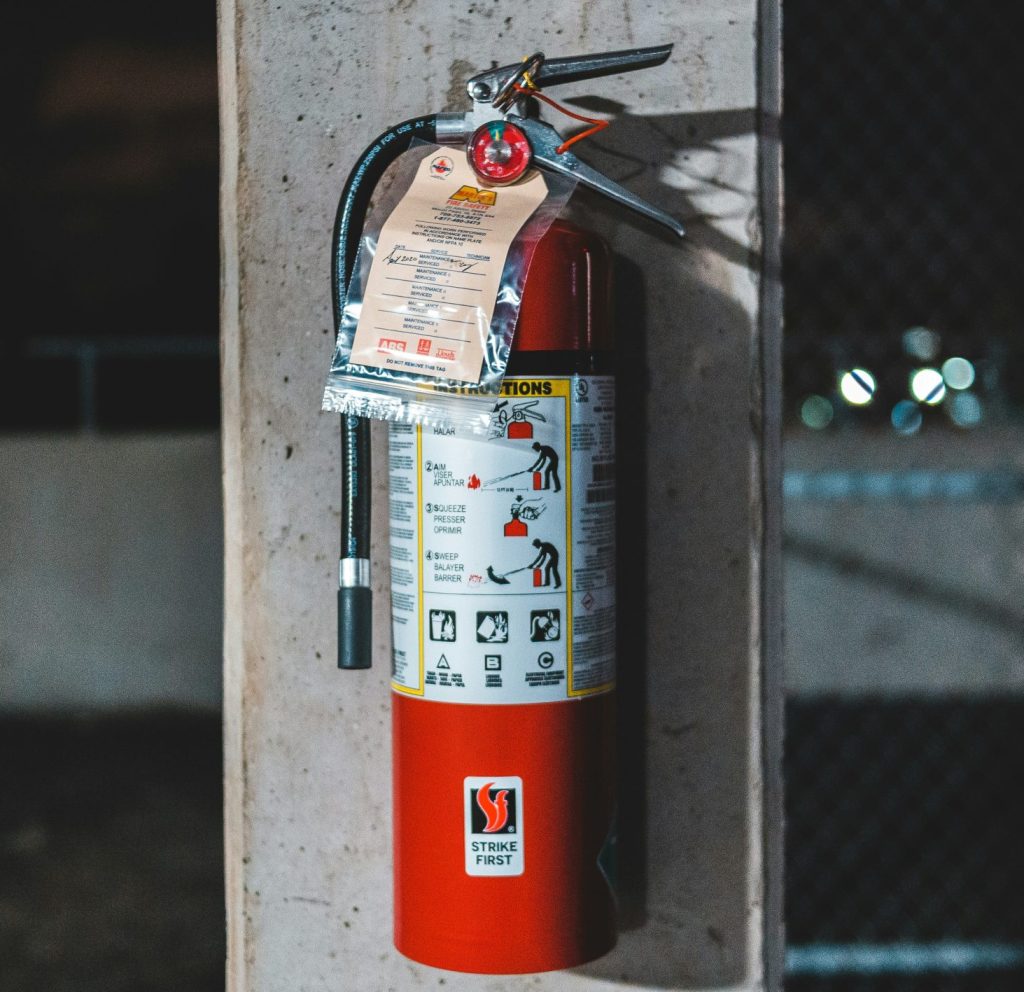Spill Response
The University of Michigan (U-M), Environment, Health & Safety (EHS), Incident Response Team (IRT) will assist you in spill clean-up or verify your internal clean-up is adequate to ensure that the potential of personal exposure and environmental contamination are controlled.
For MAJOR spills or significant areas of contamination you should immediately initiate an emergency response by calling 911.
Preparation
As a part of your research or other operation you MUST BE PREPARED to properly respond to a spill of the hazardous materials you use or store. Preparation is key – make sure you have Standard Operating Procedures (SOPs), proper equipment, and the training to understand the immediate steps to take to contain the spill, clean it up, or call in the EHS IRT to assist in the clean-up. To understand how to prepare for and manage a spill event you should consult the following documents for information about emergency response:
- The Safety Data Sheets specific to the hazardous materials being used
- Process-specific standard operating procedures you have developed for your work
How you respond to a spill will depend on the material spilled and the size. A minor spill is one that your staff should be capable of cleaning up safely; whereas a major spill is one that you will need the assistance of the EHS IRT and other emergency personnel. This will be somewhat subjective on your part based on the preparation that has been done and the equipment available to you.
Guidelines and SOPs
- Responding to a Minor Spill
- Responding to a Major Spill
- Responding to a Spill Near a Drain or on a Permeable Surface
- Spill Response Checklist
Resources to Safely and Properly Respond to a Spill
Spill cleanup kits are available through laboratory safety supply vendors for clean up minor spills of commonly used chemicals. The kits contain:
- Instructions for use
- Absorbents
- Reactants
- Protective equipment
Team Training should include locations of and how to use the spill kits for minor spills, and what to do if you are not adequately prepared or uncomfortable dealing with the spill event. EHS IRT staff are available to help you prepare and respond to spills.





